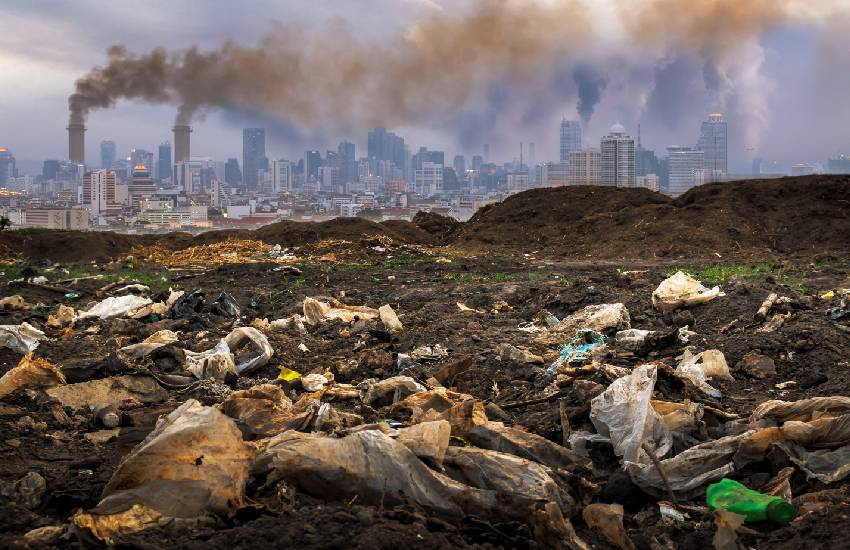
During World Earth Day last month, millions of people globally called for urgent action to restore the planet after decades of rampant degradation. This year’s theme, “Restore our Earth” was a rallying call to restore the planet’s ecosystems amid a devastating pandemic that has sent a clear message-a healthy planet is not an option; it is a necessity. Humanity is re-learning a critical lesson: We do not exist separately from nature.
Indeed, UNEP postulates that the worldwide health pandemic has been linked to the health of our ecosystem. According to scientists, Covid-19 is likely to have originated from a bat before crossing over to humans due to the ongoing destruction of natural habitats.